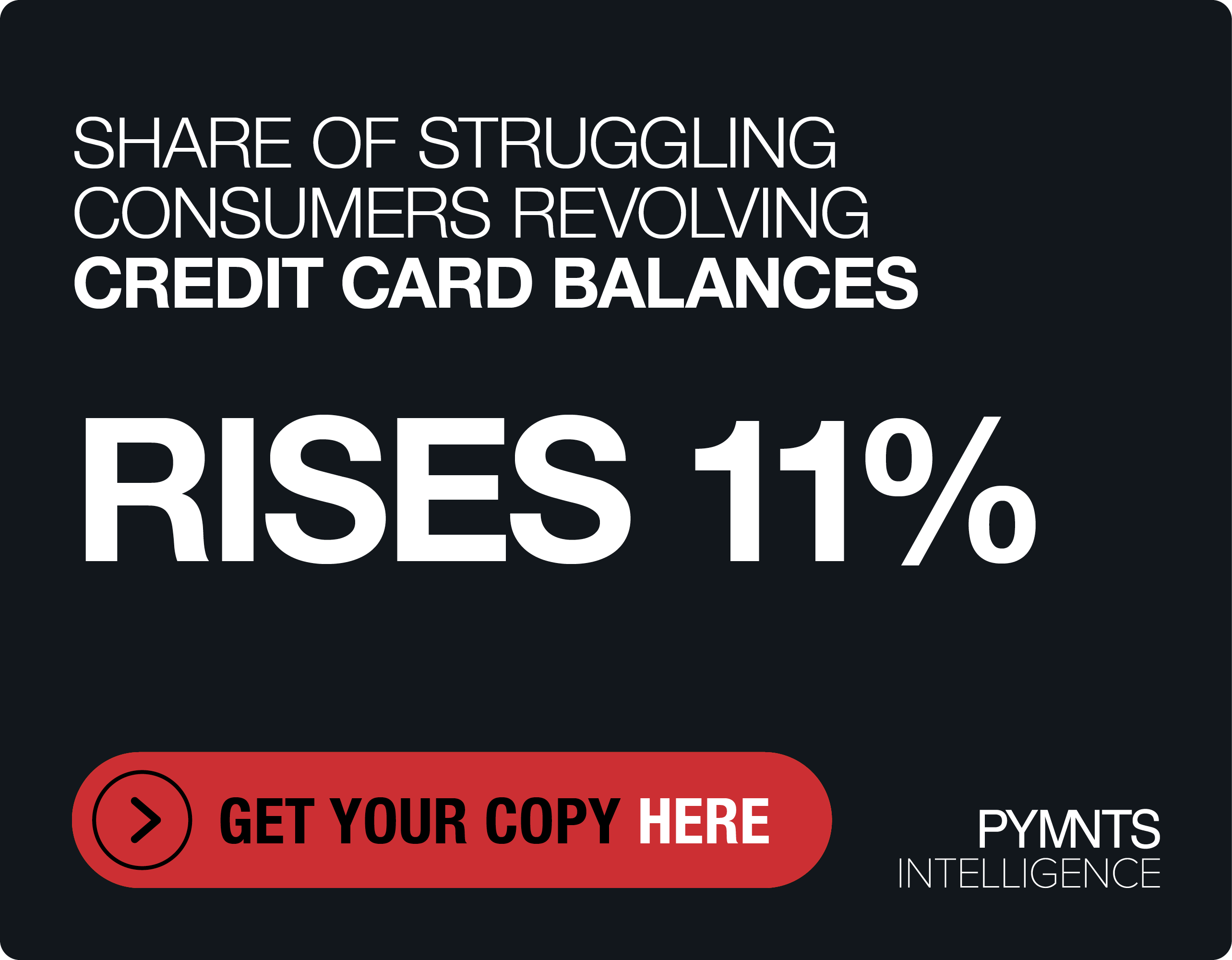Jamie Dimon Warns Against Undermining US Banks
JPMC CEO Jamie Dimon is a man on a mission — defending U.S. banks, which he feels are in danger of being undermined right out of their leadership position on the global stage.
In his annual letter to shareholders, Dimon went on, at some length, that the “mission-critical” services that big banks can supply are the types of things “regional and community banks simply cannot do.”
The topic comes up as the race for the U.S. presidency is shifting from high gear into overdrive, and candidates on both sides of the political spectrum seem to be enjoying the odd moment of agreement on how the big banks could stand to be a bit smaller.
The most aggressive champion of this position is Bernie Sanders — the dark horse stalking the Democratic race who has fixed a good chunk of his campaign rhetoric on undoing the too-big-to-fail banking institutions that he views as the primary antagonists of the 2008 financial crisis. Sanders standing claim is that, within a year of his election, “too big to fail” will be a thing of the past.
“In today’s heated public dialogue, to frame issues as a winner-take-all fight between opposing interests: big versus small, Main Street versus Wall Street” is a tempting view, Dimon wrote, but not one that actually adheres nicely with the contours of reality.
“The U.S. financial services industry does not conform to simple narratives. It is a complex ecosystem that depends on diverse business models coexisting because there is no other way to effectively serve America’s vast array of customers and clients.”
Taking American big banks out of the equation doesn’t solve the problem, Dimon noted; it just moves the market for those services to other nations.
“I do not want any American to look back in 20 years and try to figure out how and why America’s banks lost the leadership position in financial services. If not us, it will be someone else and, likely, a Chinese bank.”
Dimon’s annual letter to investors has become something of a reliable sounding board against the regulatory winds that have been blowing through Washington since the financial crisis. In the past, Dimon has noted that the next crisis is sure to be “more volatile” because of new regulations and that consumer credit costs and flat-out denials were on the rise because of regulations that forced banks’ hands.
This year’s letter also took issue with the Comprehensive Capital Analysis and Review (CCAR) — better known as the Fed’s annual stress test, which has become the favored tool of regulators for evaluating bank health and fitness. Dimon complained that this year’s test was “extremely severe” on credit risk. The losses built in, Dimon noted, were not only more severe than anything seen during the last crisis but were, in fact, aligned with a 30s-style depression.
JPMC, Dimon noted, actually had enough resources to absorb the hypothetical financial apocalypse supposed by CCAR but that it was the only bank that could do so. Dimon credited this to “extensive … simplification” of JPMC’s business and an ever-increasing effort to keep pace with stringent regulatory controls.
“Taken together, these actions have enabled us to make extraordinary progress toward reducing and ultimately eliminating the risk of JPMorgan Chase failing and the cost of any failure being borne by the American taxpayer or the U.S. economy.”
